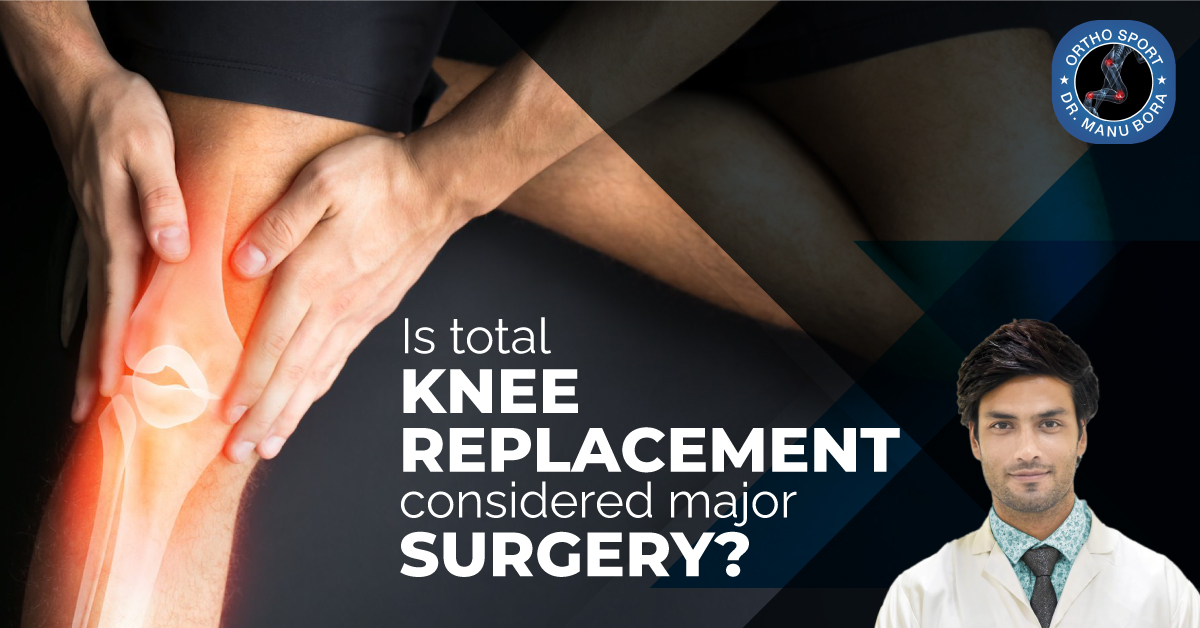Ambulatory surgical centres and many hospitals in the United States now routinely do knee replacements, which are major surgeries that require replacing either the injured section or the entire joint with a prosthesis.
Over 90% of knee replacement patients report that the replacements of their knee are even working 15 years following surgery, making knee replacement surgery a safe and effective option for those who have arthritis. As with any surgical surgery, there is always the possibility of problems, so this procedure is rarely used as a first resort by surgeons.
So, when does knee replacement become required, and what are the benefits and drawbacks? knee replacements are only recommended when:
More Moderate interventions Relieve No Longer Appropriately
An approximate 12-week interval usually is required for all conservative therapies to be exhausted before your knee replacement surgeon recommends surgery. Pain medicines, cortisone shots; the use of assistive equipment (e.g., cane or walker); and regenerative medicine approaches (such as stem cell or platelet-rich plasma (PRP) therapy) are some of the treatments that may be used.
The Signs and Symptoms Have a Serious Impact on Your Life Quality
Knee replacement surgery may be discussed with you if you have severe osteoarthritis and have been unable to sleep, perform your normal daily activities, or have been confined to bed due to your symptoms. This is especially true if the joint has already suffered substantial damage.
The advantages outweigh the drawbacks
Besides your age, overall health, and degree of exercise, knee replacement surgeons must also consider these things when determining whether or not you are a good candidate for the treatment.
Knee replacement surgery can be performed on anyone, regardless of age, if the situation warrants it, but it is most commonly performed on patients in their 60s to 80s. Because younger people tend to be more active, they are more likely to need modification surgery shortly.
To determine if the advantages outweigh the dangers, a surgeon for knee replacement will entirely evaluate your specific situation.
Pre-operative evaluations for total knee replacements include what kinds of tests and procedures?
Before knee surgery, the hip and ankle joints next to the afflicted knee are thoroughly inspected. This is critical for a successful procedure and a speedy recovery. It is possible to enhance function by replacing a knee joint next to a severely injured knee joint, but the adjoining joint may become more painful as a result.
- Also, all drugs that the patient is taking are examined. Before knee replacement surgery, patients may need to adjust to or quit taking blood thinners like warfarin (Coumadin) and anti-inflammatory drugs like aspirin.
- Blood and urine tests are used to look for symptoms of anaemia, infection, or abnormal metabolism in the liver and kidneys.
- For knee replacement surgery, patients who weigh more than 200 pounds have a worse long-term success rate because of the increased risk of severe heart and lung conditions that would limit surgery or anaesthesia�simply being overweight increases the likelihood of loosening and dislocation of a knee that has been replaced, making a recovery more complex.
Risks:
Blood loss, clot formation in your lower leg, and infection are all possible complications of surgery. There is a meagre chance of these dangers occurring.
Having a prosthetic knee has some drawbacks, such as the possibility of loosening or wearing out parts or an infection of the prosthesis. Again, your surgeon will go over these issues with you.
Longevity:
As with any mechanical device, a knee replacement has a limited lifespan. Patients' weight, activity level, and the prosthetic's mechanical qualities all play a role in how long it will last. Prosthetic longevity has been extensively researched over the years. Prosthetics are expected to last at least 20 years based on current research.
Your surgeon and therapists will help you get back into things as soon as possible. Six weeks after surgery, most patients can walk freely. At six weeks, patients can get back behind the wheel. Patients can resume golf and swimming at eight weeks after surgery and tennis at 12 weeks. Resuming certain activities will be determined by your surgeon.





